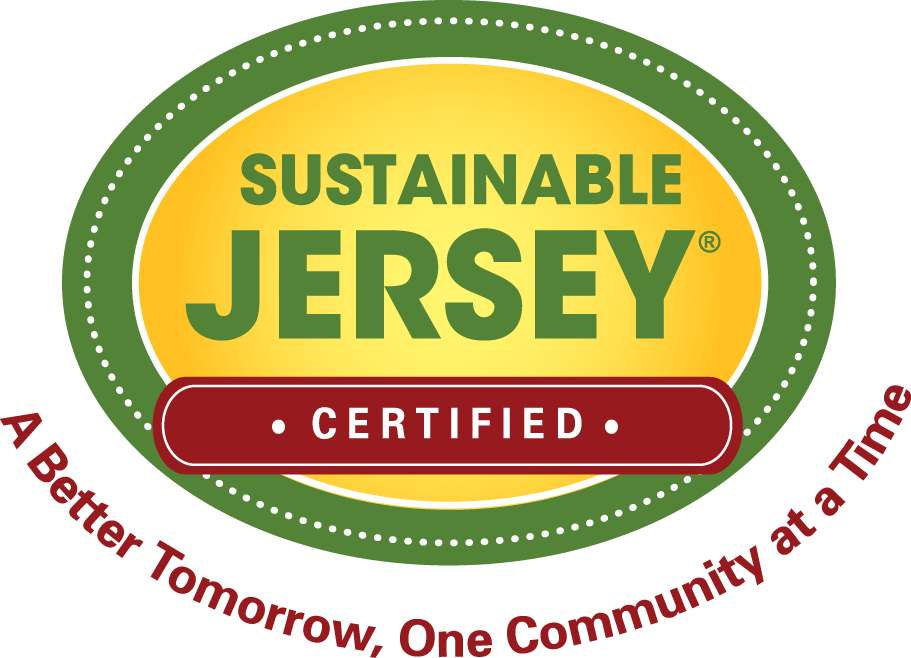Fifteen Towns Achieve Sustainable Jersey ® Certification
on Mar 22, 2012
Trenton, NJ (March 22, 2012) – Sustainable Jersey representatives announced today that fifteen additional towns have achieved Sustainable Jersey certification, bringing the total up to 108 municipalities that have been certified since the program was launched in 2009. The certified communities are leading the way as many more New Jersey towns are actively working on becoming certified. Sustainable Jersey's 359 participating communities represent over half of the state's municipalities and nearly 75 percent of its population.
Of this group of certified towns, Berkeley Heights achieved the Silver-level certification, raising the total to nine Silver-certified towns. Leonard Berkowitz, leader of the Berkeley Heights' sustainability team, was pleased to achieve the certification; he said, "Sustainable Jersey has been very helpful in providing a focus for our efforts during the last few years. We are proud to join the small group of Silver-certified communities and are also pleased that our work is helping the township save money as well as improving the environment."
The fifteen Sustainable Jersey newly certified towns are:
1. Berkeley Heights Township (Union County)- Silver Certified
2. Bethlehem Township (Hunterdon County)
3. East Brunswick Township (Middlesex County)
4. East Windsor Township (Mercer County)
5. Edison Township (Middlesex County)
6. Fair Lawn Borough (Bergen County)
7. High Bridge Borough (Hunterdon County)
8. Middle Township (Cape May County)
9. Mountain Lakes Borough (Morris County)
10. North Plainfield Borough (Somerset County)
11. Ramsey Borough (Bergen County)
12. Shrewsbury Borough (Monmouth County)
13. Upper Saddle River Borough (Bergen County)
14. Warren Township (Somerset County)
15. West Amwell Township (Hunterdon County)
The program is voluntary, but achieving certification is not easy. Each Sustainable Jersey municipality that is certified at the Bronze-level must submit documentation to show it has completed a balance of the program sustainability actions, meeting a minimum of 150 points. Silver-level certification requires that a town meet a minimum of 350 points. Typically a town will select 10-12 actions from a potential list of over 117 actions that nclude areas such as a commitment to environmental stewardship, community gardens, supporting local businesses, conservation of energy and water and waste reduction and recycling.
In addition to reaching the required points, each community has to create a Green Team and select at least two (for Bronze-level) and at least three (for Silver-level) of the seven priority actions that include energy audits for municipal buildings, a municipal carbon footprint, a sustainable land use pledge, a natural resource inventory, a water conservation ordinance, a fleet inventory, and/or Energy Star Portfolio Manager.
"Sustainable Jersey is successful," notes Donna Drewes, who co-directs the organization with Randall Solomon, "because it champions community-led decision-making and leadership, rather than mandating a top-down, onesize-fits-all plan for New Jersey." The technical content of the program’s actions are developed with the help of 22 task forces that comprise New Jersey state local officials, experts, non-profit groups, and members of the business community. Recommended best practices/actions are vetted with local government officials. “It’s
quite an accomplishment to become Sustainable Jersey certified,” said Pam Mount, Chair of the Sustainable Jersey Board of Trustees. “Our certified communities are leading the way with impressive sustainability initiatives in New Jersey while providing a model for towns across the United States.”
For full press release, click here.
- Media Releases
